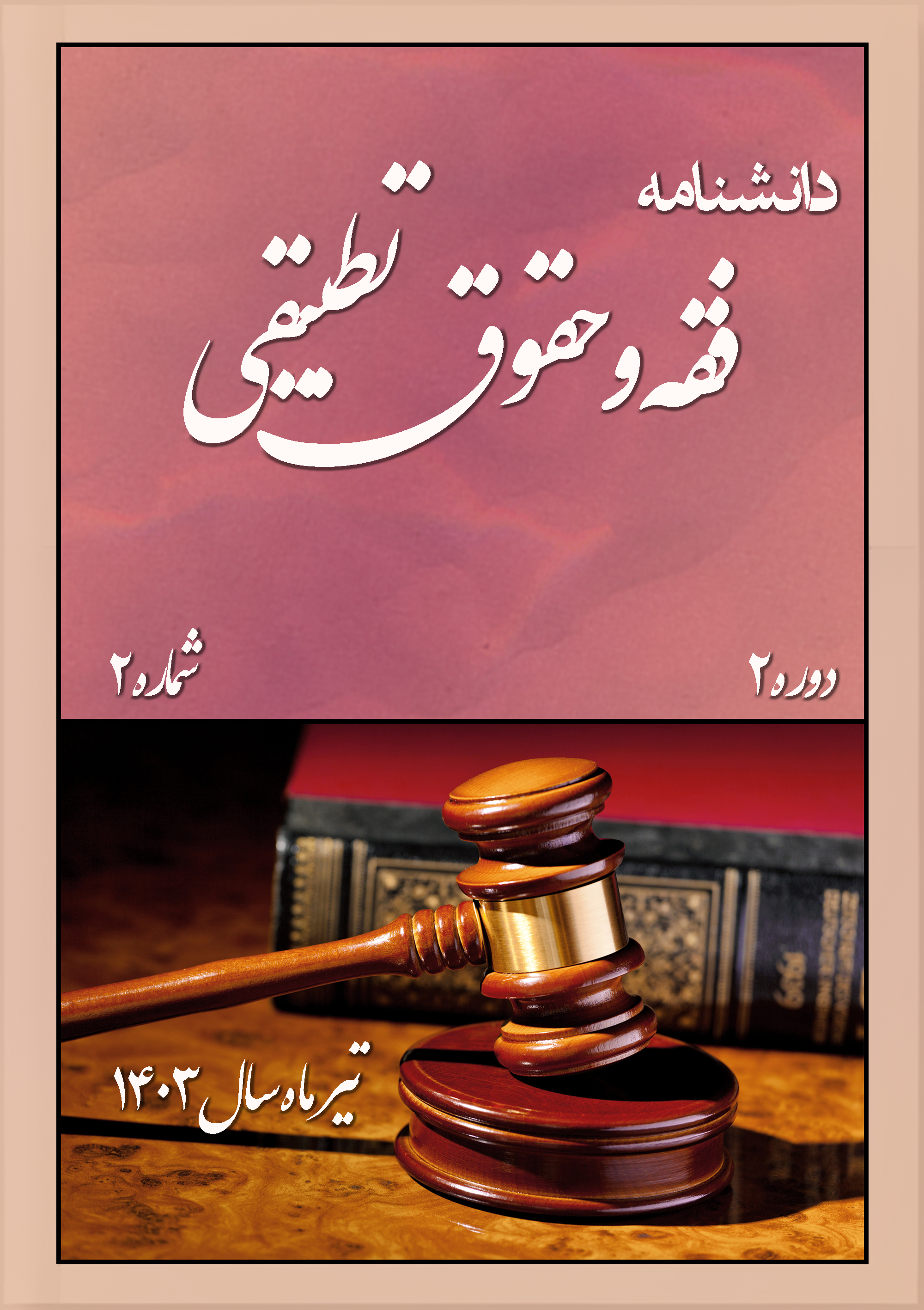The Influence of Thomas Hobbes' and Imam Ali's (AS) Theories on Immigration Policies in Islamic and Non-Islamic Countries
Keywords:
Thomas Hobbes, Imam Ali (AS), immigration policies, justice, security, human rightsAbstract
This article examines the impact of Thomas Hobbes' and Imam Ali's (AS) theories on immigration policies in Islamic and non-Islamic countries. Thomas Hobbes, through his theories of absolute government and social contract, provided philosophical foundations for Western states to implement stringent immigration policies. These perspectives prioritize security and order as the main functions of the state. In contrast, Imam Ali (AS), emphasizing justice, human rights, and ethics, laid theoretical foundations for Islamic states to structure their immigration policies based on principles of justice and fairness. This paper explores immigration policies in Iran and Turkey as examples of Islamic countries, and the United States and European countries as examples of non-Islamic countries. The findings indicate that immigration policies based on Hobbes' theories have managed to maintain security and order to some extent but face human rights challenges. Conversely, immigration policies inspired by Imam Ali's (AS) theories have provided favorable conditions for migrants but need to strengthen their security and order management. This study suggests that successful immigration policies should balance security needs and human rights.



















